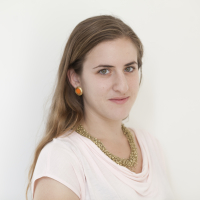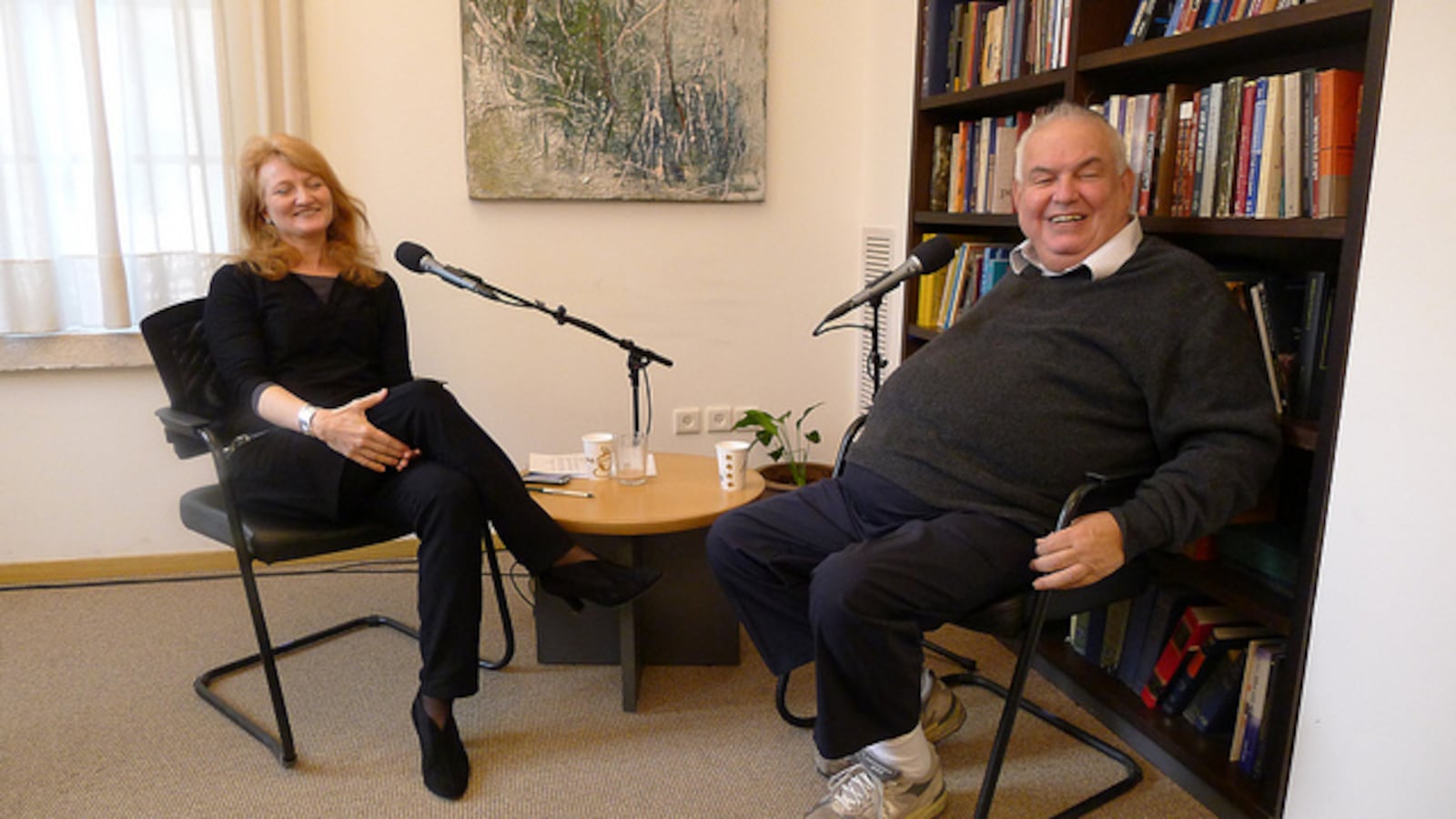Rabbi David Hartman, who passed away yesterday, was a towering educator and thinker. He wrote acclaimed books on Maimonides, had “good conversations” with Sari Nusseibeh, and was the closest thing Thomas Friedman had to a personal rabbi. In good company I’ve heard it said that he was an “acquired taste”—but also that he was a “rabbi’s rabbi” and “a philosopher’s philosopher,” all of which undoubtedly makes today, the day of his funeral, a day of profound mourning for the observant Jewish world.
Rabbi Hartman was one of the few Orthodox voices that attempted to articulate a Jewish theology that squared a religious particularism to the circle of moral universalism. The personal tragedy of Rabbi Hartman was that he succeeded so profoundly. In South Jerusalem he found a community that would listen, and he transformed it into the humming hub of liberal Judaism that it is today. The trouble is there’s no other place like it.

Hartman moved to Israel in 1971 after a 15-year stint as a congregational rabbi in Montreal. Having broken with his ultra-Orthodox childhood in no small measure (on NPR's religion hour “On Being,” he once said, “I was a nice religious boy...until I started to read”), he came to Israel in a flurry, ready to start a revolution. But just as he was beginning his undertaking, another more exotic revolution was also beginning: Gush Emunim, or the bloc of the faithful.
The 1970s were a great time for religious revolutions. Hartman came to Israel to reshape and rethink Jewish peoplehood, emphasizing modernity and its place in religion. In no time, he found followers. Liberal Jews with observant backgrounds found his teachings on pluralism, interfaith dialogue, and cross-border Judaism profoundly compelling. Everything happened quickly—the Shalom Hartman Institute was established within five years of his arrival (1976) and became a Jerusalem landmark. Listing Jewish thought and Jewish identity as its two great pillars, this Institute provided Hartman with a great deal of latitude—he offered lectures and educational stipends, eventually building a boys’ school (1991) and even later a girls’ high school (2007). It was a Jewish-Israeli-intellectual paradise—almost too good to be true—so that, in his neighborhood, Hartman’s revolution should be considered a terrific success. He built a new ideal Jew, a type that blended the clever Talmudist with the fighting Hebrew speaker. He was inspired by the Conservative and Reform movements to reinvigorate Orthodoxy, to make it modern. The trouble was that outside the four cubits of his district, Hanan Porat was founding Elon Moreh, and starting a very different kind of Jewish revolution.
If Hartman came to teach about Peoplehood, Hanan Porat came to teach about Landhood. He was giving the Redemption a “push,” building an uprising of the earth. It was Hartman’s Yochanan Ben Zakkai building Yavneh versus Porat’s Bar Kochba, and Hartman knew it, and tried to fight back. In an interview Yedioth Achronot did in honor of his 80th birthday, he said that whenever he spoke with IDF soldiers, he told them that “I teach: Love of Israel is not love of the land; it’s love of the people living in the land. There is no holiness in earth.” He repeated this trope to Porat as well: “I understand the need to belong to the land, but that doesn't make you a Jew. What makes you a Jew is how you behave on that land.”
Throughout, he was aware that he was losing. Radical religious Zionist elements were an existential weight, crushing his being. “The Arabs want to kill my body,” he once said, but “the Jews are killing my soul.” He called the followers of Rav Kook “Cookians,” announcing that they—along with the kosher-obsessed ultra-Orthodox—posed the most powerful threat to Judaism since the Enlightenment, by having reversed the process of history and then “given up on the rational capacity to build a human life. We’ve given up on reason, the greatest treasure that human beings have.”
And still, he never gave up. Not when it came to Israel: “Even though it drains my energy and I am weak—this is the place. If we can’t make it here, we can’t make it anywhere. I tried to create a different kind of spiritual ideal. Not a shteibel, not a shtetl—a people.” He told of how he would get up in the morning and every day, God would tell him to put on his tefillin (phylacteries) and go to work. That’s how he kept going.
Hartman was one of the most often quoted Jewish thinkers in the American press. Books were written about this philosophy while he was alive. But it is not his son who is sitting as a candidate for the next Ashkenazi chief Rabbi of Israel. And it is not his writings on Maimonides that the hip religious youth are reading. But Israel is a young country, and we can only guess whether his personal tragedy built into his South Jerusalem success will translate into a historic one.






